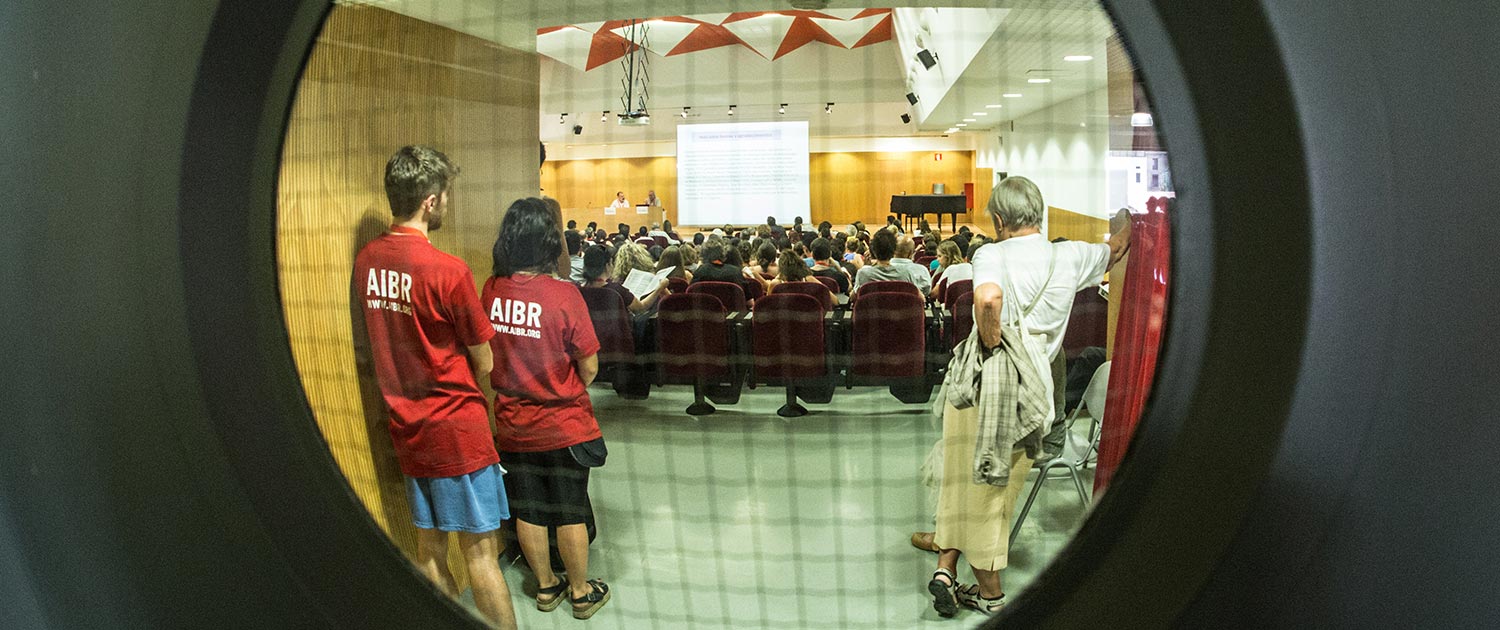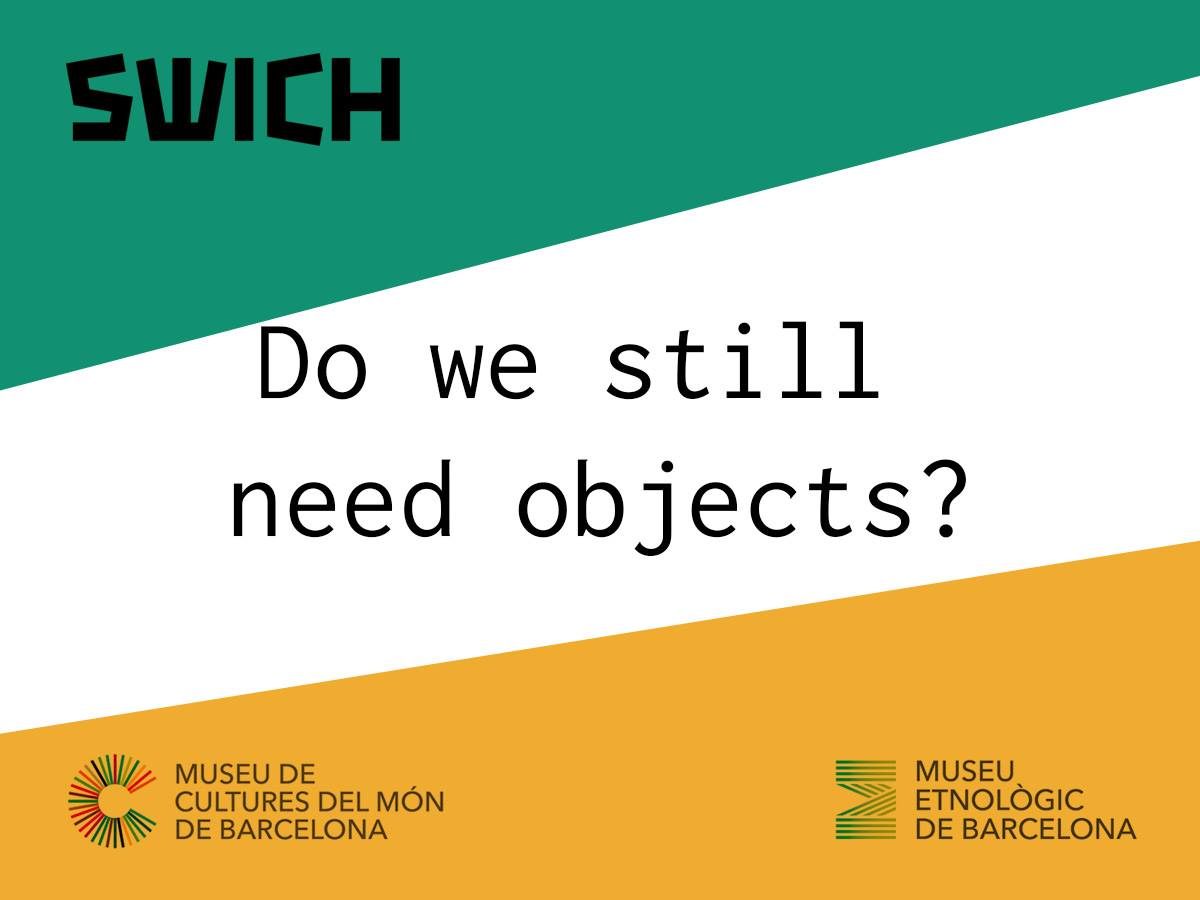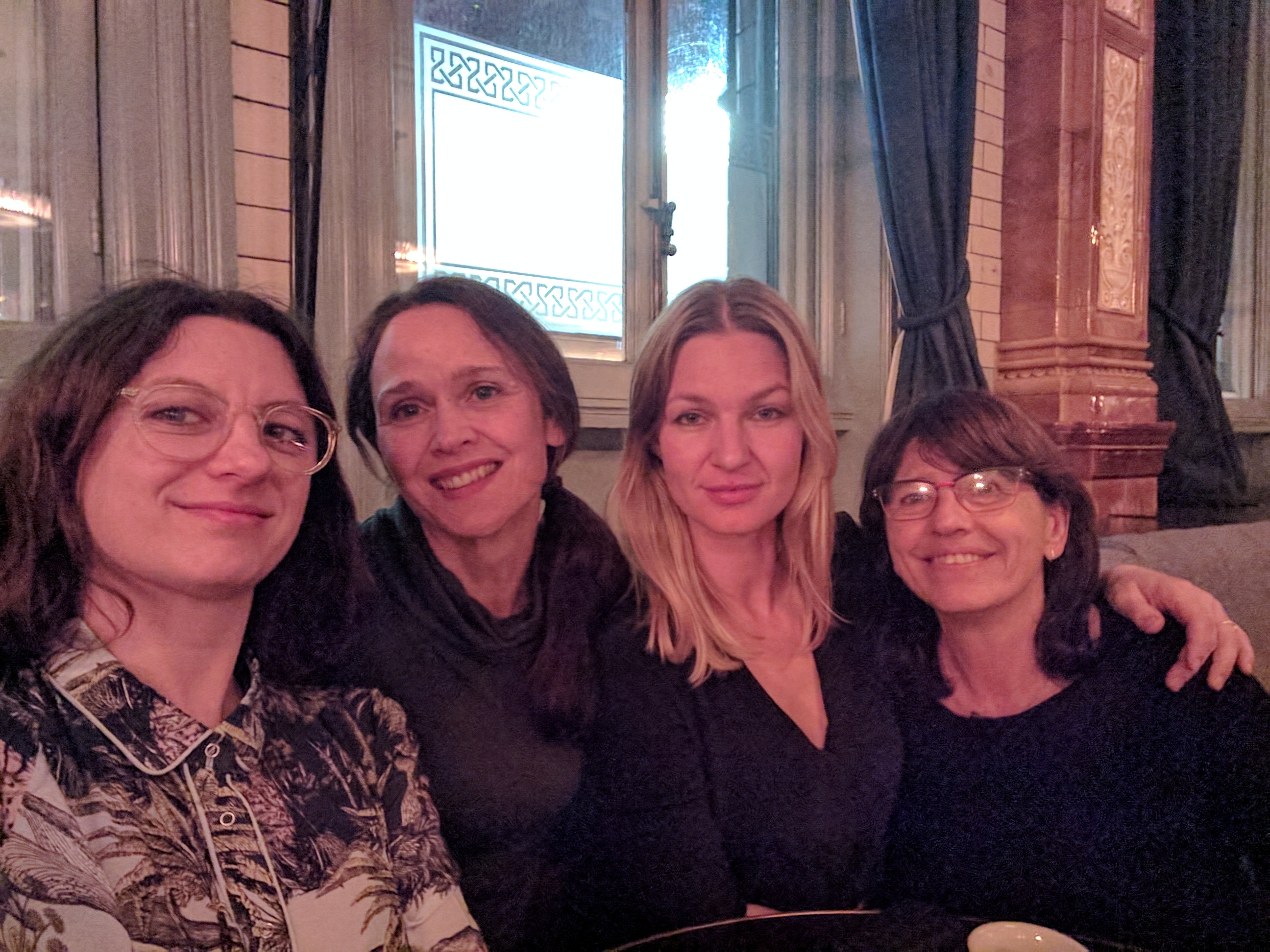Debora Lanzeni, Guillaume Dumont y Elisenda Ardevol han participado del II Congreso Internacional de Antropologia AIBR. 6-9 de septiembre, Barcelona, 2016.
Abstract de la presentación:
Professionalism stands as a well-studied topic at the heart of a wide range of disciplines in social sciences. However, whether professions, professionals, and professionalism all play a core role in everyday work and live, the discipline of anthropology has been reluctant in fully engaging with this topic. Moreover, when they did such, these issues were primarily examined through the lens of the sociology of professions and, more recently, of professional groups, as it is the case when it comes to the anthropology of work (Kjaerulff, 2015; Spitller, 2008). Until now, with rare exceptions (Tsing, Ho and Maurer to Martin, Coleman and English-Lueck), anthropology has not yet provided many contributions in defining this field of study or intervening in its central contemporary debates. Nevertheless, most anthropologists are, while conducting research, confronted to professions and professionals and thus able to produce accurate knowledge informing these issues but also to outline their changing and dynamic nature.
In this paper, we argue for the role of the discipline in contributing to this wider field of study through its specific approach. To do so, we identify and examine the convergence of three components that we think are supporting key changes in the understanding what a professional is and means: know-how, expertise, and professionalism.
Professionalism is often understood as the process of gaining the possession of an expertise derived from a certain maitrise based on know-how, ultimately leading to the emergence of professionals.
However, the transformation of work and life embedded in the rise and expansion of digital technologies that we observe in our respective fieldworks – and are widely described elsewhere – suggest that the notion of professional is often taken for granted and understood without acknowledging is dynamic nature without being critically challenged. Drawing in an assorted ethnographic account revolving the design and use of digital technologies among climbers, software and hardware developers as well artisans and DIY (do-it-yourselves) practices that shed light on the topic and inquiry profoundly our assumption on the bond between all these categories.
Therefore, by drawing on these fieldworks, we aim to ask critical how the meaning of being a “professional” is re-conceptualized in contemporary work and labour and what are the implications of such transformations.






